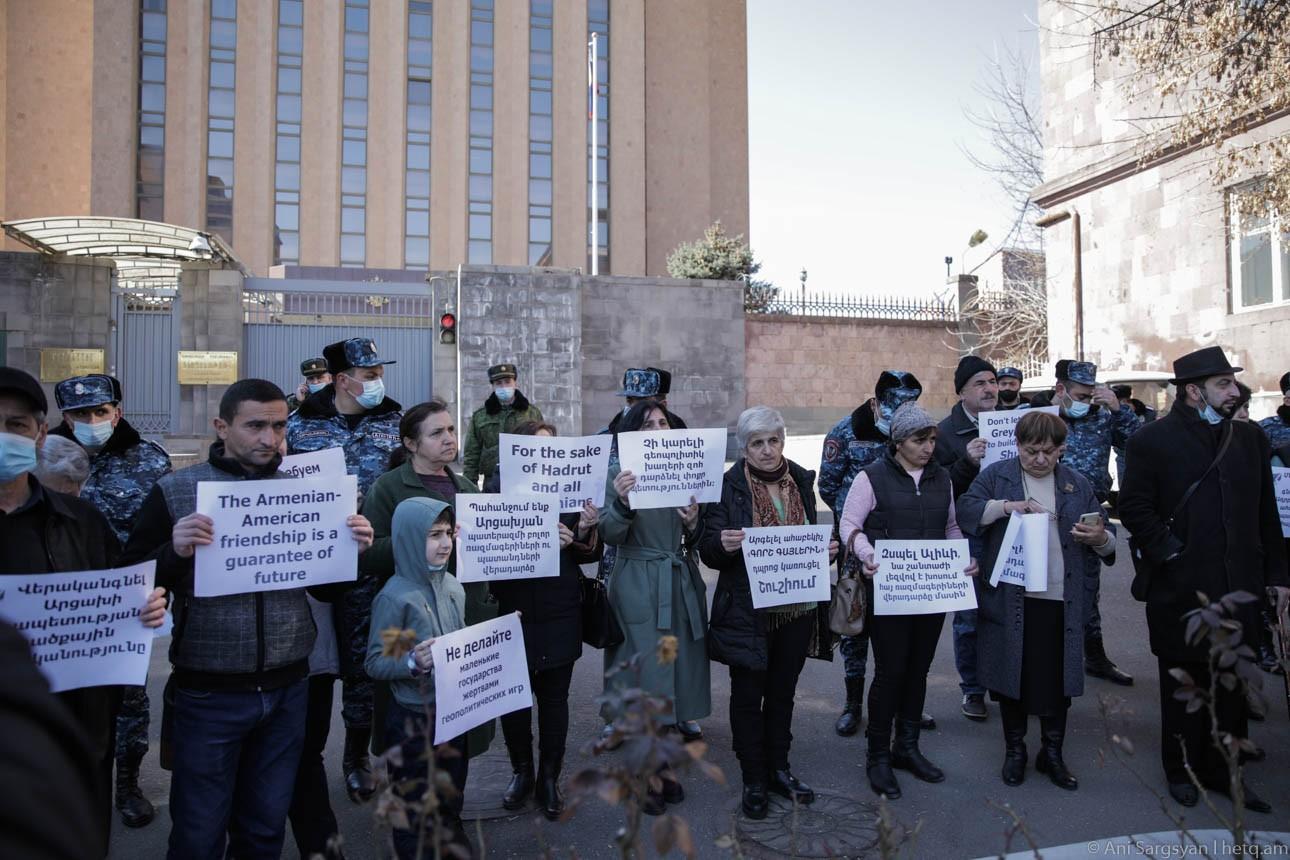
Former Hadrut Residents Demonstrate in Yerevan: Want Audience with Ambassadors of Minsk Group Co-Chair Countries
Former residents of the Hadrut region of Artsakh, now occupied by the Azerbaijani military, demonstrated today in Yerevan outside the embassies of the OSCE Minsk Group co-chairing countries France, Russia and the U.S.
The demonstrators requested meetings with the ambassadors to discuss their plight and the atrocities committed by Azerbaijani armed forces during last year’s war.
Norayr Davtyan, a member of the "For Hadrut" NGO that organized the protests, is from the village of Drakhtik in the Hadrut region and has taken refuge in Yerevan with six other members of his family.
"Our primary demand is the return of our Hadrut, so that we can return to our homes. We realize that this is an exceedingly difficult issue. It requires a long-term solution, but we have a problem of asylum, we have a problem of status. What should these people do now? Are we guests or refugees? I was born in the village of Drakhtik, I grew up there. My father created property for seventy years and I for thirty. It is a century. I do not count what my grandfather created. Thinking about it drives you crazy,” says Davtyan, who was a farmer in Drakhtik.
Levon Hayryan, one of the founders of the NGO, lived in the village of Metz Tagher,
He says their main demand is to return to their homeland.
They’re petitioning the Minsk Group to restart the settlement process.
"For more than a month we have sent letters and requested meetings. We gathered here once before. But they do not accept us. We would like to know the reason. If we do not manage to meet today, we’ll have to petition the leaders of those states in some other way, to ask why their ambassadors do not receive us. They respond to our letters with silence," says Hayryan.
Hayryan emphasizes that the people of Hadrut must not scatter to the four winds. They should be given some hope and not think of emigrating. Thus, he believes it’s necessary to intensify the NGO’s work.
"Sadly, we do not see an appropriate attitude or interest of the authorities. It is true that they provide social assistance, for which we are grateful, but that assistance should not be to silence or cajole the people. The state must pursue a national state policy, which is lacking in us. The roots of that failure run deep, to Soviet times,” says Hayryan.
He says that 60-70% of the residents of Hadrut region have taken refuge in Armenia and the rest in Artsakh. According to the official website of the Government of the Artsakh Republic, the Hadrut region had 14,700 inhabitants in 2016.
Gohar Ghahriyan, Levon Hayryan's wife, was born in Yerevan. She moved to Metz Tagher after getting married in 1990. She met her husband during the Artsakh movement in the late 1980s.
Ghahriyan says that for years various international organizations, the OSCE Minsk Group, have stated that the Karabakh issue would not be settled by warfare. Two wars, however, have claimed thousands of victims and the loss of the homeland.
"They are accountable to us. If they respect themselves as political organizations, they must answer to the entire Armenian people, to the relatives of so many victims. International organizations have taken the position of ostriches, and the leaders of Armenia and Artsakh are making anti-popular decisions without considering the opinion of the people," says Ghahriyan, emphasizing that if they did not have real expectations from these actions, they would not fight.
Vahan Badasyan, a military and political figure from Artsakh, who was born in the village of Khandzadzor in the Hadrut region, took part in today's protest.
He says that he has no expectations from these actions. His only expectation is the liberation of Hadrut, for which preconditions must be created.
Badasyan’s first step would be to get rid of what he calls “internal enemies”, followed by the restoration of the army. Finally, all the people of Artsakh must gather and live in what remains of Artsakh.
"We must mobilize our forces and liberate our homeland. We have the right to liberate our home and hearth. It will take several years to achieve all this once we get rid of internal enemies," says Badasyan.
After the Russian Embassy, the demonstrators marched to the French Embassy and then to the US Embassy. No official reception was forthcoming. They were only allowed to hand pass their petitions to embassy representatives.
 Videos
Videos Photos
Photos
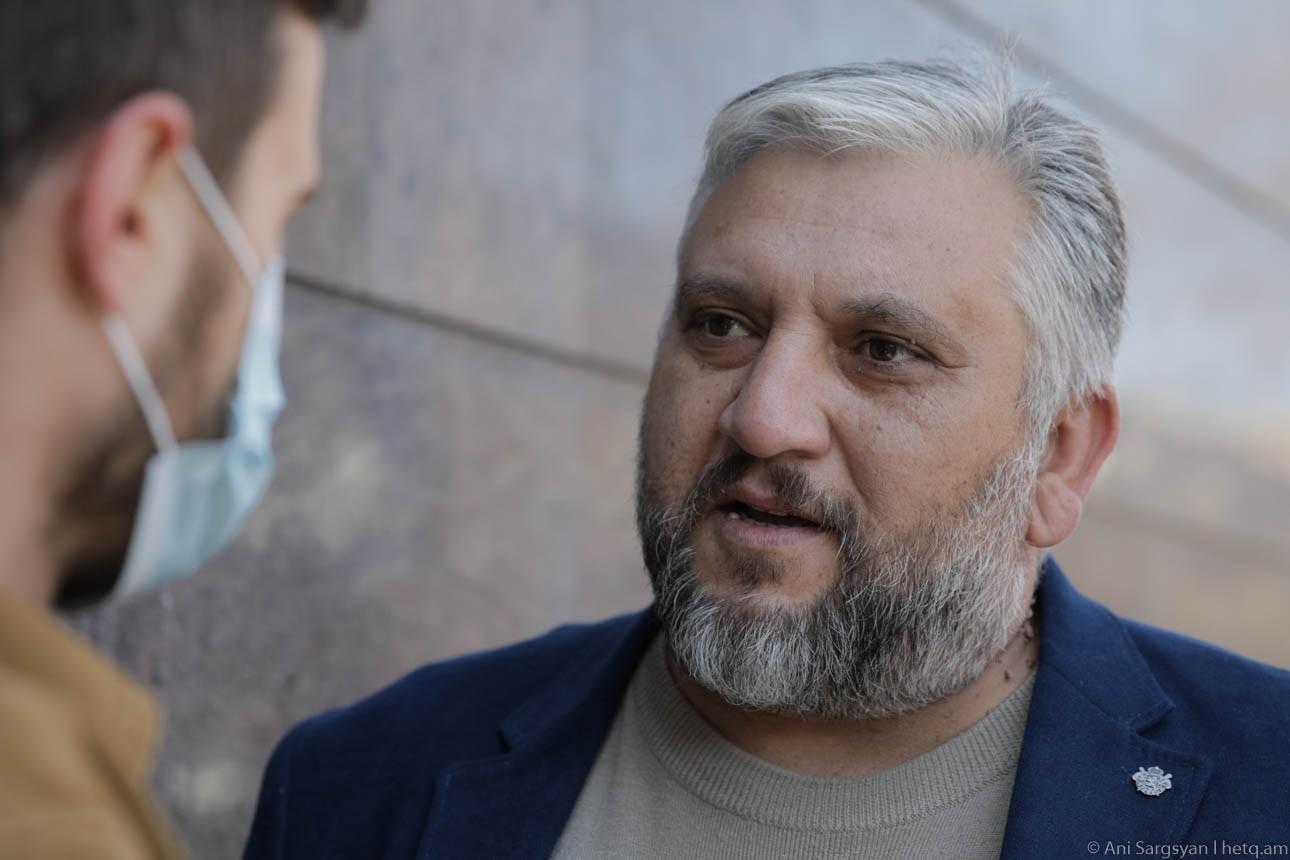
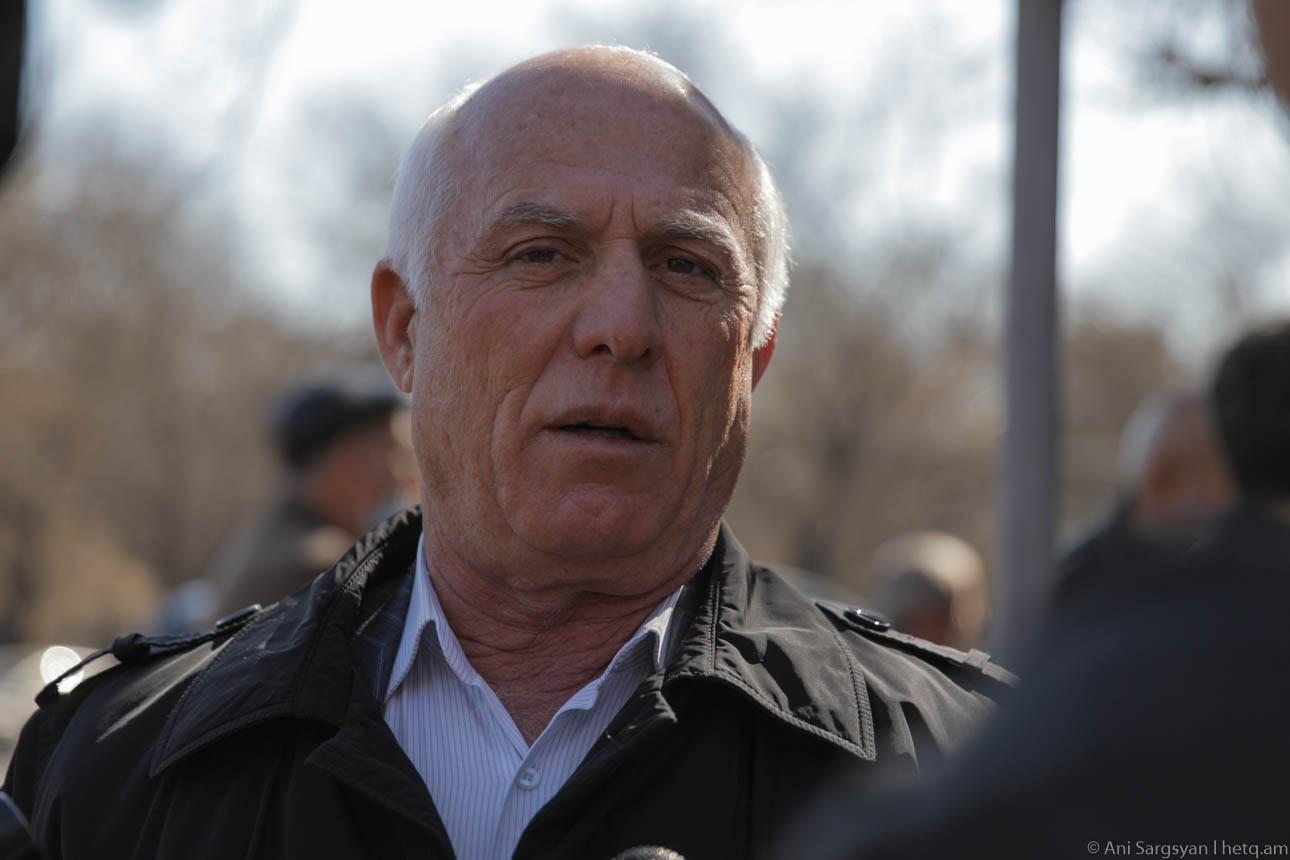
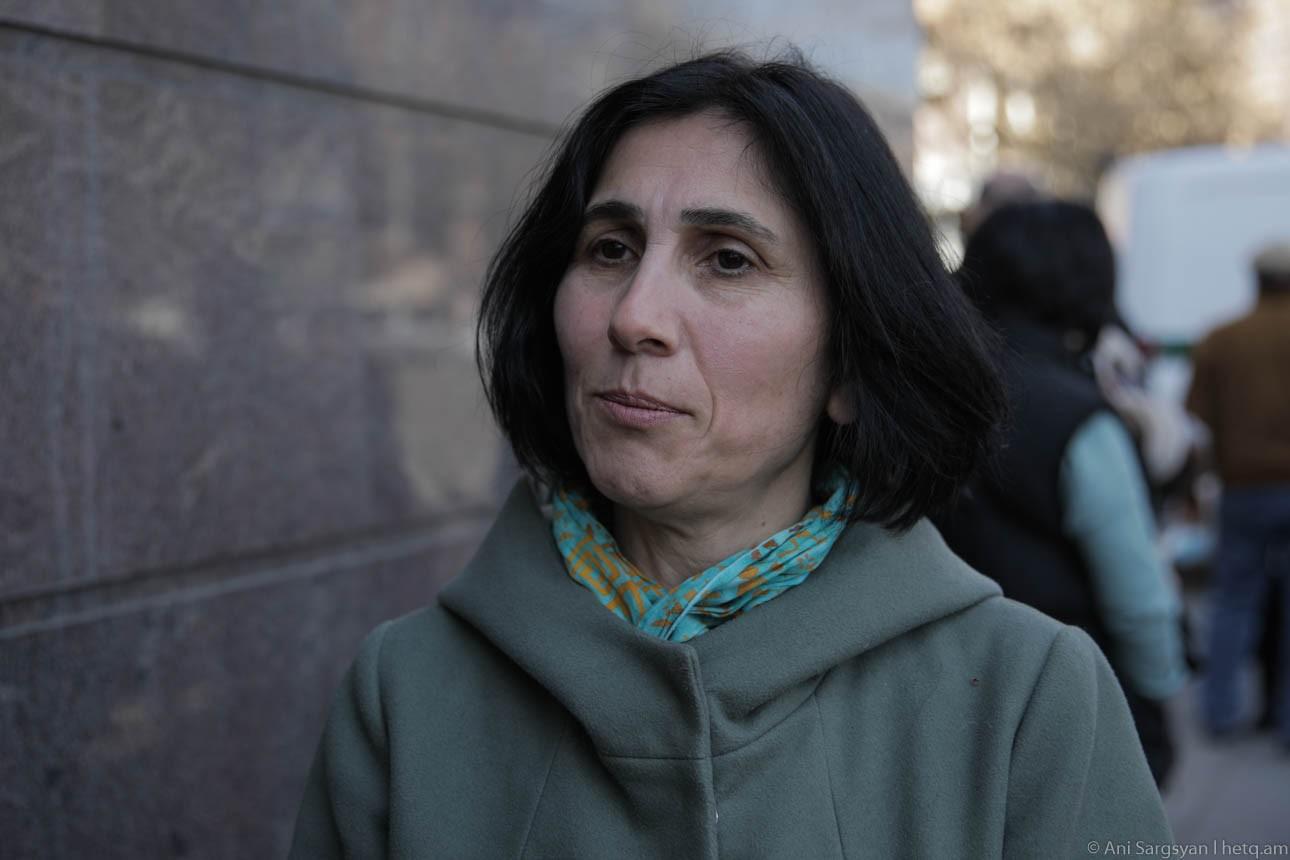
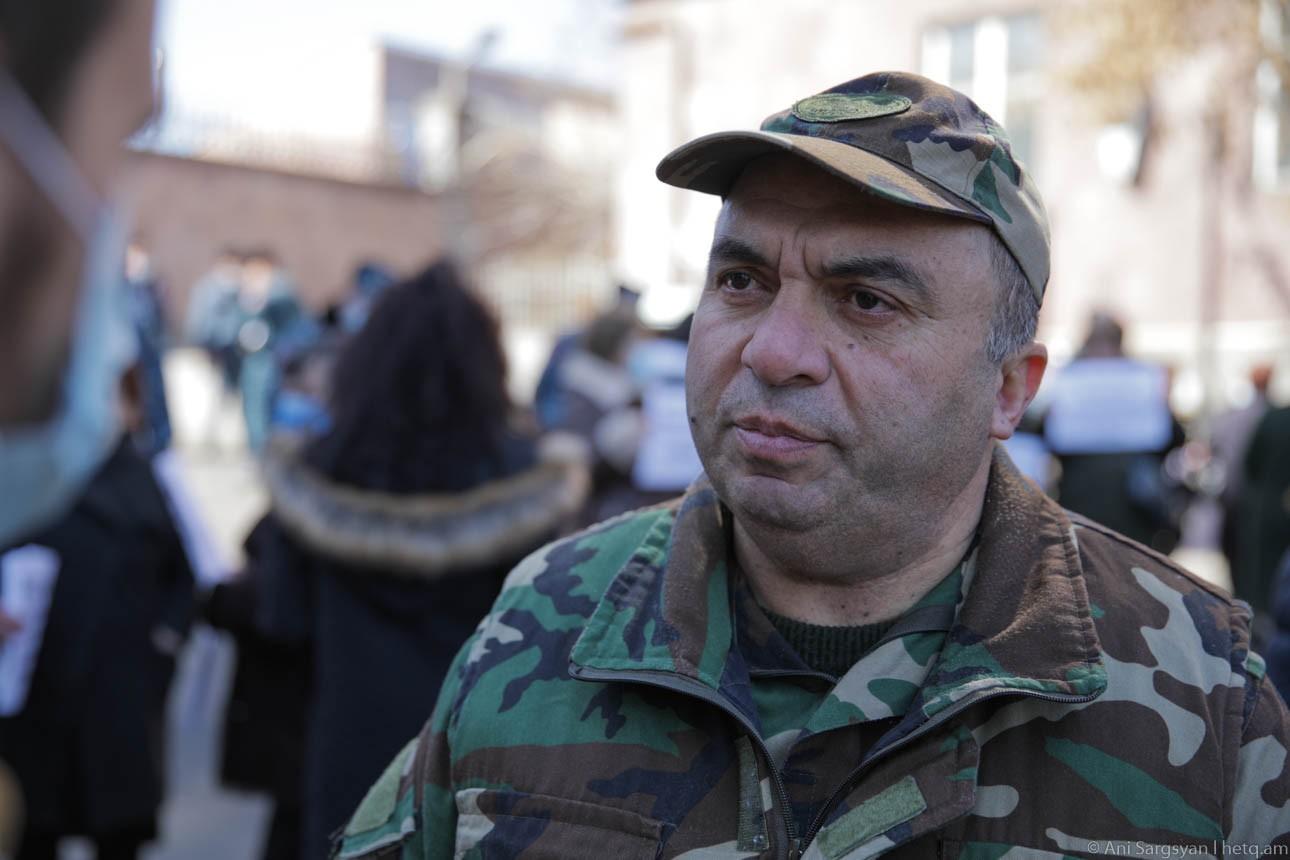
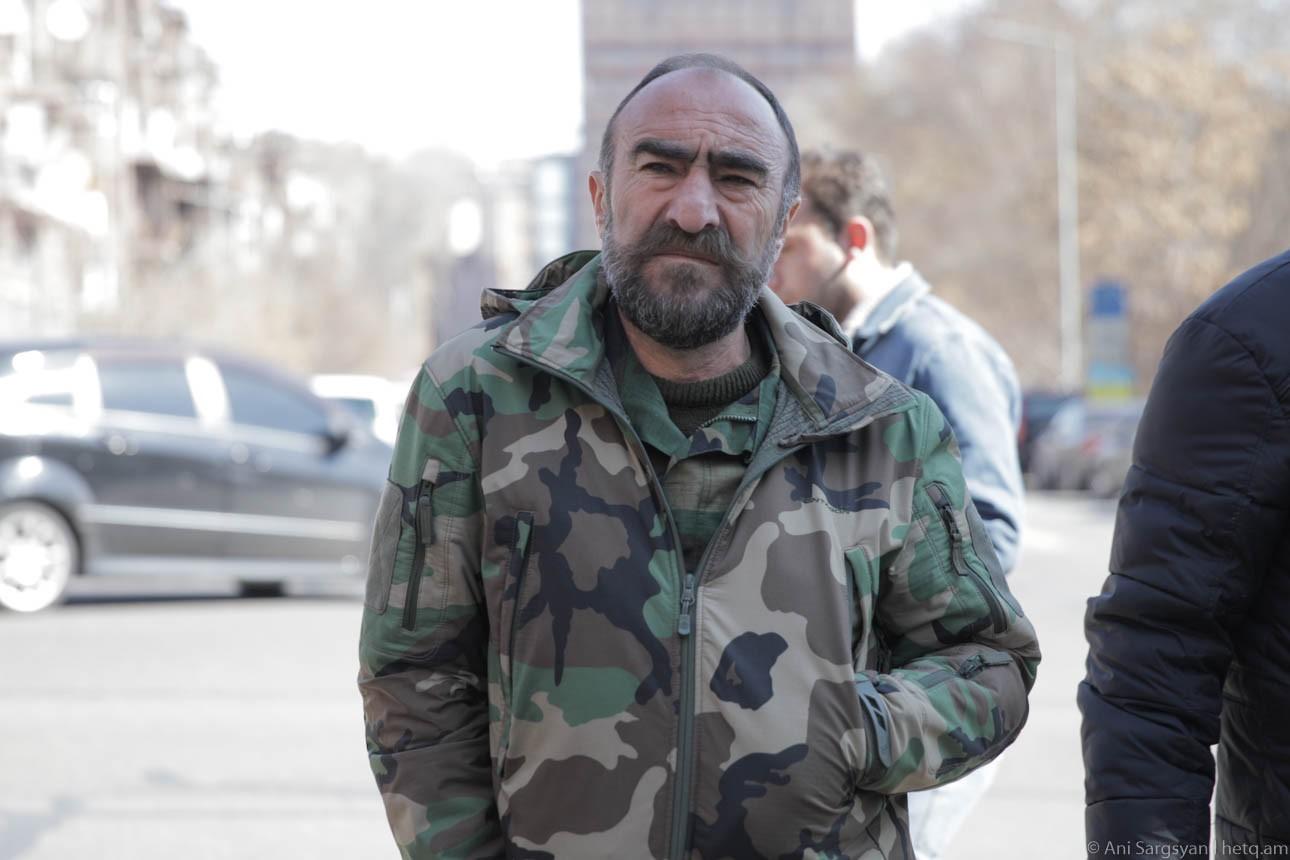
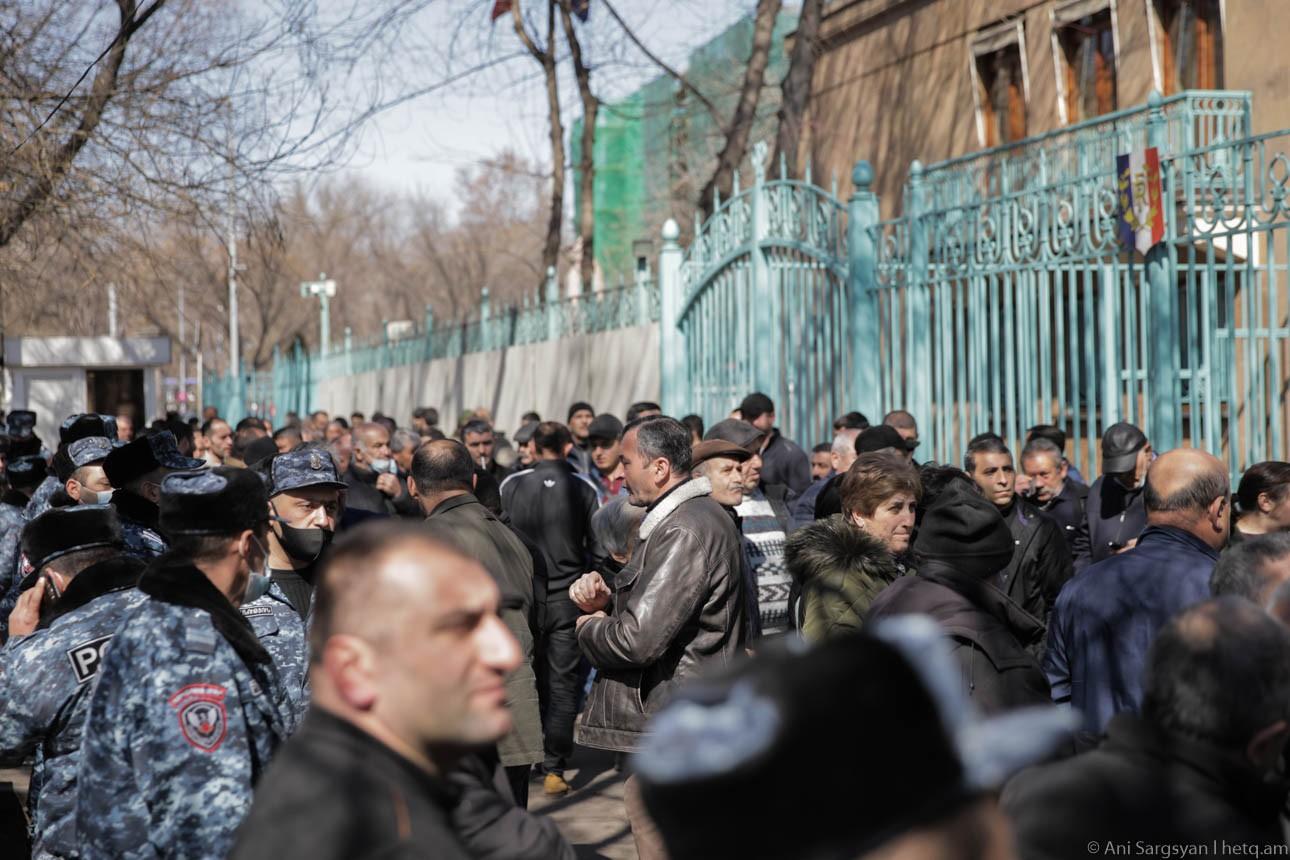
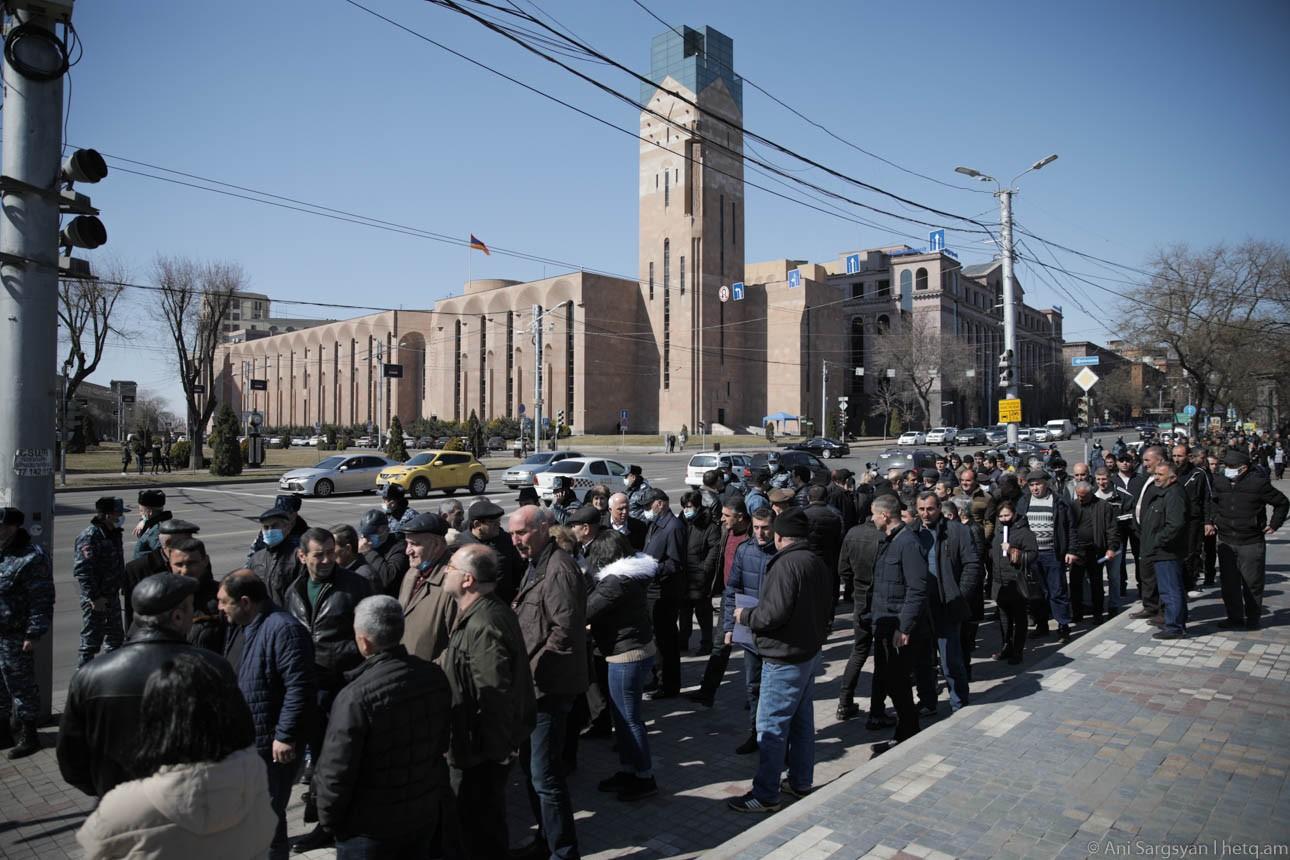
Write a comment